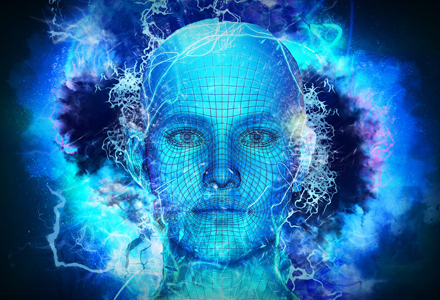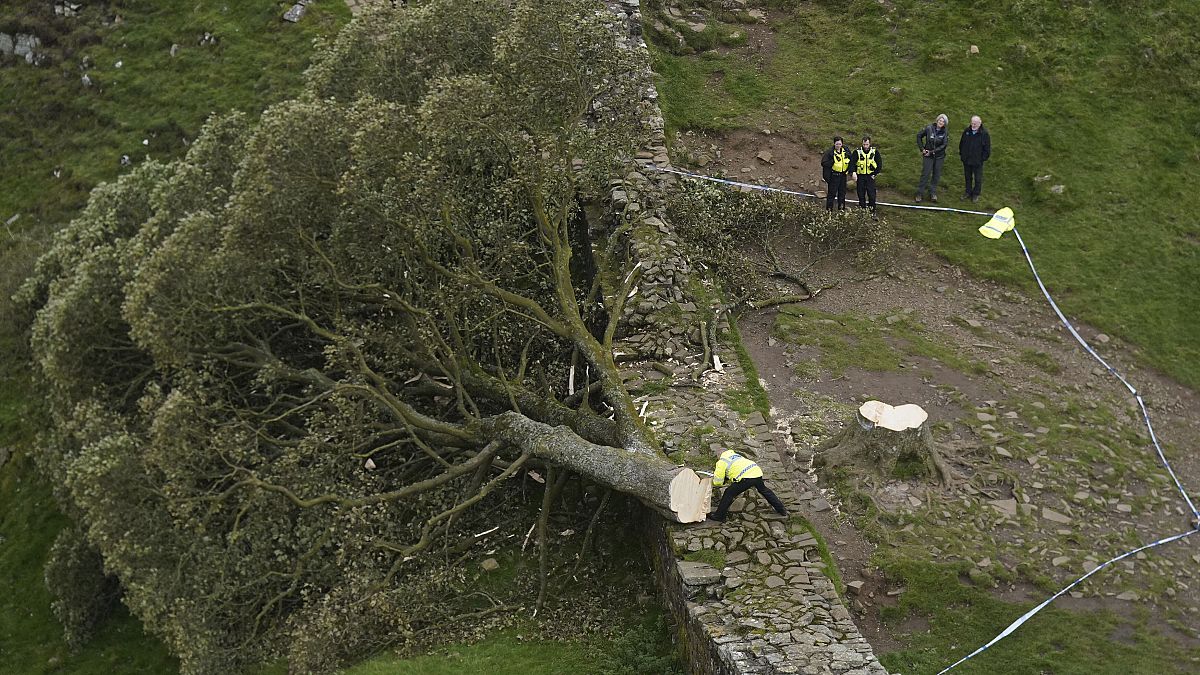Reading time of about 4 minutes.
For years to come, auditing technology will dictate the accounting. That’s a good thing, says Eric Mantelaers. In June, he obtained his Ph.D. on the impact of auditing technology on auditing. Algorithms make more accurate judgments than accountants, he says. “Random must get out of accounting.”
Henk Fleming
Dare to be the accountant professional judgment be replaced by the judgment of an algorithm? Not yet, says Eric Mantelaers. “Accounting organizations are adopting data technology only slowly. And when they do, they immediately expect great things from algorithms. But that doesn’t work, with data technology you have to become familiar with small steps.”
Audit technology can give a big boost to quality in audits, Mantelaers said in the dissertation on which he obtained his Ph.D. at the Open University in June. In addition to being head of professional engineering in the accounting organization RSM, he is a special professor in the future-proof auditor lecture at Zuyd University of Applied Sciences and professor in the accounting course at the University of Maastricht. “People who do a PhD like to do it in the field in which they work,” he says.
Initially, I wanted to do a PhD on audit quality. His then professor dismissed the topic: too broad. Audit quality is a container concept. That was ten years ago, when auditing technology barely existed. When it was developed later, Mantelaers began to delve into it. “I mainly looked at the technology for continuous auditing. This is how I got back to auditing quality.”
hands
Mantelaers believes that accounting will depend on auditing technology for the foreseeable future. “Because it replaces the hands. Accountants already have more work than they can handle. In 2023, this will be joined by the European directive on the sustainability of large legal entities that must be audited by accountants. That means once again so much work. That is why PwC is looking for 100,000 more people, not only do they find them among the graduates of the school, there are not enough. If we want to continue to have enough hands, data technology offers a solution. “
But it is above all the quality of the audit where you expect the most benefit. “I believe that technology makes decisions that are of better quality than the professional judgment of the accountant. Human objectivity can always be lower in certain situations. I want that arbitrariness outside of the audit.”
distrust
Mantelaers’ reliance on data technology is by no means common. Algorithms provoke mistrust more than applause. Earlier this year, the Court of Auditors criticized the use of algorithms by the central government. That would encourage discrimination. For this reason, the Hague court closed SyRI, the fraud system used by many municipalities. The criticism was that some judgments were doubtful, without grounds for the decision.
Mantelaers qualifies the distrust in the algorithms. “The algorithm is often complicated, but building it is not complicated. Now I can do that too.”
Algorithms are made up of a programmed set of instructions that allow technology to recognize certain situations and act on them. For example, they help autonomous vehicles to recognize and respond to traffic situations. “Auditing technology also uses algorithms,” Mantelaers says. “In the readership of the university of applied sciences, we are building algorithms that predict the continuity of companies. We use 250 anonymous company accounts to train algorithms.”
Question
The difficulty is in the construction phase, he explains. “That’s the problem on the table that you want to solve with data technology. This is the right question, which is the basis for building an algorithm. If you create the wrong decision rules, automated evaluation will also go in the wrong direction.”
As an example, Mantelaers targets automated fraud detection. “To do this, you create algorithms that look for deviations in signal posts, for example. Suspicious bookings usually take place after business hours. Therefore, you can create an algorithm that analyzes bookings at night and on weekends. But in international organizations with different time zones, working hours are never parallel. There are also countries where a weekend starts on Friday and where Sunday is a business day. And as more people work from home, more and more more bookings are made outside of normal business hours. If not, don’t take this into account, people who are simply work are classified as fraudulent. “
library
All the organizational processes that accountants must evaluate can be described in decision rules, which form the basis of the algorithms, Mantelaers says. “Ask the right questions about these processes, test the decision rules to verify their reliability and record them in a library. It is good if you set up a library for this that is accessible to all accountants. Society has an interest in sharing this information.” .
Auditing technology will change the profession of accountants, predicts Mantelaers. Experience becomes less necessary. “The robot assumes pure knowledge and repetitive actions. The accountant monitors the context of customer demand, the customer relationship and the bias that can occur in audits. Soft skills are increasingly important. We will also see this. reflected in training. It remains for seven years, with full attention to integrity, fraud and gaining experience, but the emphasis is shifting from professional facts to application-oriented matters. “

“Extreme gamer. Food geek. Internet buff. Alcohol expert. Passionate music specialist. Beeraholic. Incurable coffee fan.”







